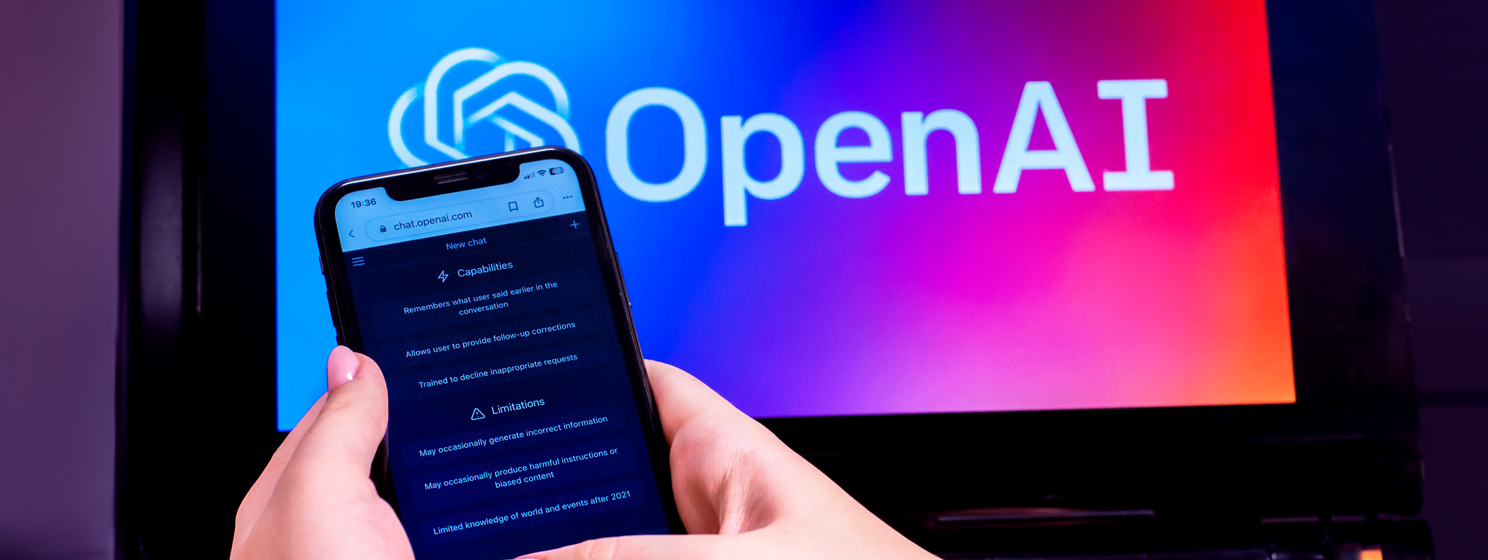|
Getting your Trinity Audio player ready...
|
Brazil is rapidly cementing its status as a global powerhouse in block reward mining, with significant infrastructure advancements announced between June 30 and July 7.
Fueled by abundant renewable energy, a progressive regulatory framework, and strategic international partnerships, the country is emerging as a beacon for sustainable Bitcoin mining. From Tether’s green energy collaboration to new data centers in Piauí, Brazil’s mining sector is undergoing a transformative phase, positioning it as a leader in Latin America’s digital asset ecosystem.
A pivotal development came on July 3, when Tether Holdings, the issuer of the USDT stablecoin, partnered with Adecoagro S.A., a major South American agribusiness, to explore Bitcoin mining powered by renewable energy.
The Memorandum of Understanding (MoU) outlines plans to utilize Adecoagro’s 230 megawatt (MW) of clean energy capacity—sourced from solar, wind, and hydropower—across its operations in Brazil, Argentina, and Uruguay. This initiative aims to monetize surplus energy that would otherwise be lost on volatile spot markets, redirecting it to power Bitcoin mining rigs.
The partnership leverages Tether’s proprietary Mining OS software, which optimizes mining efficiency and is slated for open-source release in the coming months. This could enable other agribusinesses to adopt similar models, creating a ripple effect across Brazil’s energy sector.
“This collaboration merges agriculture, energy, and technology in a way that redefines sustainable mining,” said Juan Sartori, executive chairman of Adecoagro’s Board of Directors.
Tether’s CEO, Paolo Ardoino, emphasized, “Brazil’s renewable energy wealth makes it an ideal testing ground for eco-friendly crypto innovation.”
Brazil’s energy profile, with nearly 50% of its electricity derived from renewables, particularly hydropower, provides a cost-effective and environmentally conscious foundation for mining. The Tether-Adecoagro project could inspire other energy producers to integrate block reward mining, reinforcing Brazil’s role as a global leader in sustainable digital asset production.
On July 7, Central Asian mining firm Enegix Global signed an MoU with authorities in Brazil’s northeastern state of Piauí to establish a state-of-the-art data center. The facility will capitalize on Piauí’s affordable energy and favorable regulatory environment, making it an attractive hub for large-scale mining operations. Local officials highlighted the project’s potential to create jobs and stimulate economic growth in the region, which has historically lagged behind Brazil’s southern economic centers.Enegix’s move underscores Brazil’s growing appeal to international mining firms. The country’s Virtual Assets Law, enacted in 2022 under the Central Bank of Brazil (BCB), provides clear guidelines for digital asset-related activities, fostering investor confidence. The Piauí data center is expected to bolster Brazil’s mining capacity, complementing existing operations in states like São Paulo and Minas Gerais.
Brazil’s regulatory framework is a key driver of its mining boom. Since August 2019, the BCB has classified crypto mining as a productive process, recognizing it as a legitimate economic activity that generates non-financial assets. A temporary reduction in import taxes on SHA256-based mining equipment, effective until December 31, 2025, has further lowered barriers for miners to acquire cutting-edge hardware like Bitmain’s latest ASIC miners.
However, the sector faces challenges. Recent proposals to increase taxes on digital asset-related activities, including mining, could squeeze profit margins.
“Brazil’s regulatory clarity is a magnet for investment, but miners must navigate market volatility and potential tax hikes,” said Maria Silva Souza, a Sao Paulo-based attorney specializing in digital asset investments. Balancing growth with fiscal policy will be critical to sustaining the sector’s momentum.
Brazil’s advancements reflect a global shift toward greener digital asset mining. The Tether-Adecoagro partnership, in particular, offers a scalable model for leveraging surplus renewable energy, addressing environmental concerns about mining’s energy intensity. With Chainalysis reporting that Brazil accounted for over 30% of Latin America’s cryptocurrency transaction volume in 2024, the country is well-positioned to lead the region’s digital asset industry.
The Piauí data center and similar projects could attract more global players, further integrating Brazil into the block reward mining ecosystem.
“Brazil has the potential to become a global Mecca of mining,” said Ray Nasser, CEO of Arthur Mining, a Brazilian firm specializing in mobile mining units. “Our renewable energy and regulatory stability are unmatched.”
As Brazil expands its block reward mining infrastructure, it faces opportunities and hurdles. The success of these initiatives will hinge on managing energy costs, navigating regulatory shifts, and mitigating digital asset market volatility. For now, Brazil’s blend of green energy, innovative partnerships, and supportive policies positions it as a trailblazer in sustainable mining. With projects like Tether’s and Enegix’s gaining traction, the country is bolstering its digital economy and setting a global standard for responsible digital asset innovation.
Watch | Bitcoin mining in 2025: Is it still worth it?

 03-04-2026
03-04-2026 




